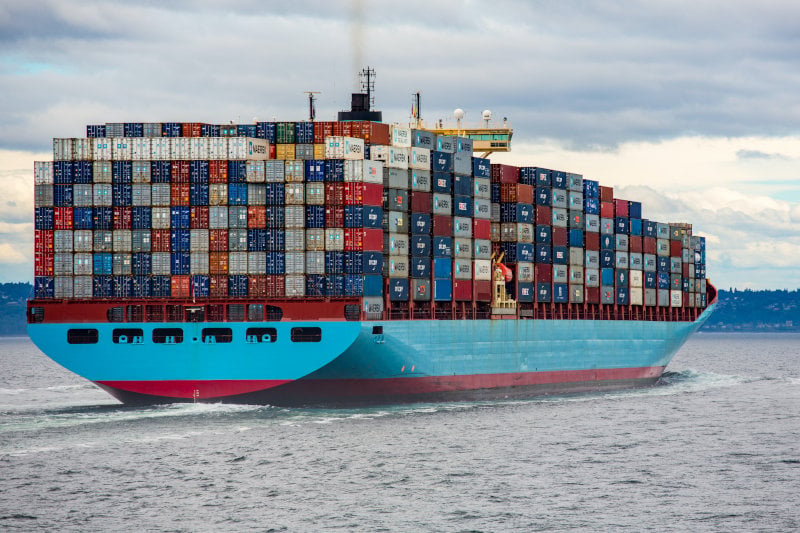
According to the recent Global Trade Update for March 2025 published by the United Nations Conference on Trade and Development (UNCTAD), Morocco has greater flexibility to modify its trade policies without violating international accords.
The report categorizes Morocco as "unrestricted," indicating that it has greater flexibility to adjust tariffs according to its economic requirements.
This adaptability provides Morocco with a significant edge in shaping its trade approach, enabling it to maintain competitiveness in local as well as international markets.
Thanks to this adaptability, Morocco has the opportunity to reassess certain trade agreements, refine its industrial policies, and strive for increased exports in crucial areas such as agriculture, automobile production, and renewable energy.
The document indicates that this adaptability might strengthen Morocco's role as a significant commercial center in both Africa and the Mediterranean region.
The report indicates that approximately two-thirds of worldwide trade occurs tariff-free due to trade accords and specific regulations that promote reduced taxes.
numerous nations reduce tariffs within the "most-favored-nation" (MFN) framework or via various agreements, facilitating smoother trade between their borders.
However, for the remaining one-third of international commerce, duties can be quite high, with significant variation depending on the sector involved.
One of the most safeguarded industries is agriculture, whereas manufacturing continues to encounter trade obstacles in certain crucial regions.
Conversely, raw materials often face lower tariffs, which makes exporting them more affordable.
Countries that are still developing frequently face increased tariffs, which makes competition more challenging for them.
Farm goods originating from these nations encounter import tariffs as high as 20% according to MFN regulations.
Textiles and apparel also feature some of the highest tariffs, with average import duties sitting at approximately 6%.
The exorbitant expenses make it difficult for developing nations to export their goods globally and remain competitive.
Tarrifs play a significant role in international commerce, frequently employed to shield domestic businesses and create income.
Although numerous nations are reducing tariffs via international accords, developing countries continue to encounter substantial tariff obstacles that restrict their entry into worldwide markets.
Meanwhile, tariffs assist emerging sectors in developing nations by providing protection, allowing these industries to grow stronger prior to competing with global players.
However, there is a drawback: increased tariffs on imported items can raise expenses for both companies and customers, which might hinder economic expansion.
The document further highlights that developing nations frequently face difficulties when exporting value-added items due to these tariff systems, which prioritize raw materials over manufactured products.
The post Morocco secures greater trade flexibility, enhancing exports and economic expansion. appeared first on Pawonation.comEnglish - Morocco News .


Post a Comment